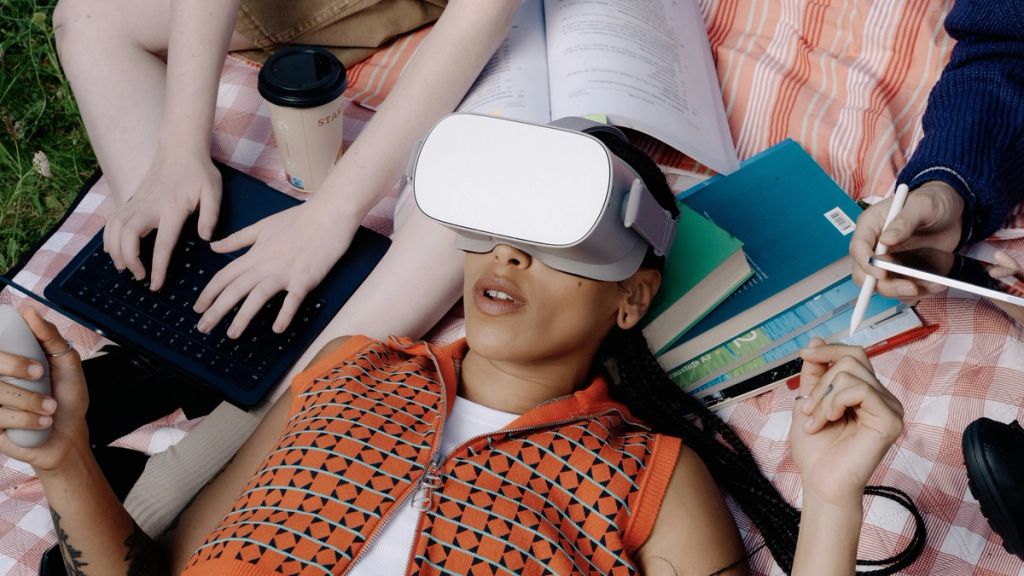The democratic atheism of Generation Z
The democratic atheism of Generation Z
↗ Governance
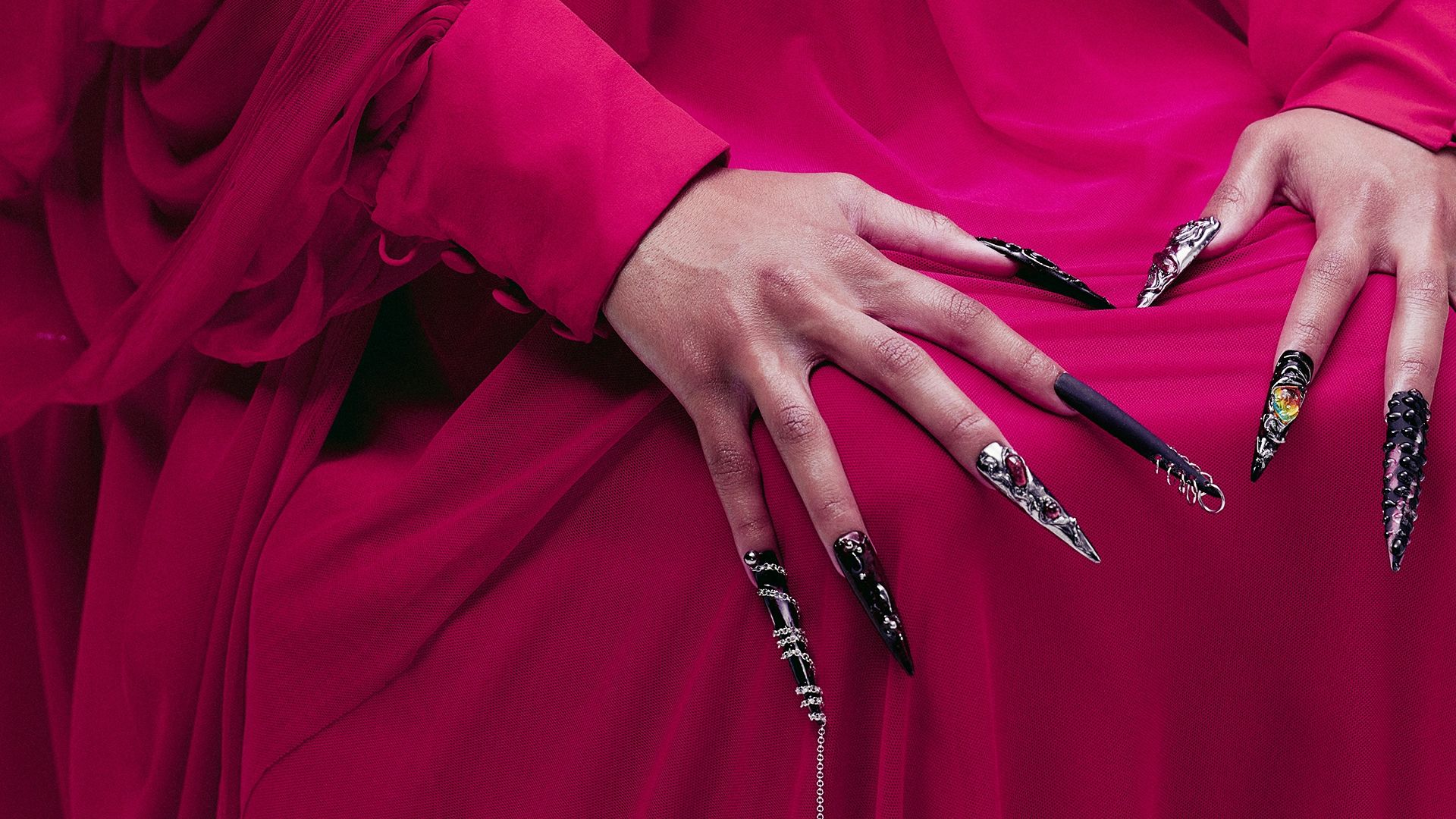
↗ Study conducted by dot. through its analysis platform The Future Game, in collaboration with Arantzazulab, on the perception of democracy and its values in Generation Z.
[?] Thinking back over the last year, how many people have made you feel bad in the past year? (% of total)
Society as a whole is the actor that has most frequently made young people feel bad in the last year; their mothers, the least.
↗ DOT S. Coop. (2023). The Future Game. Young people and mental health.
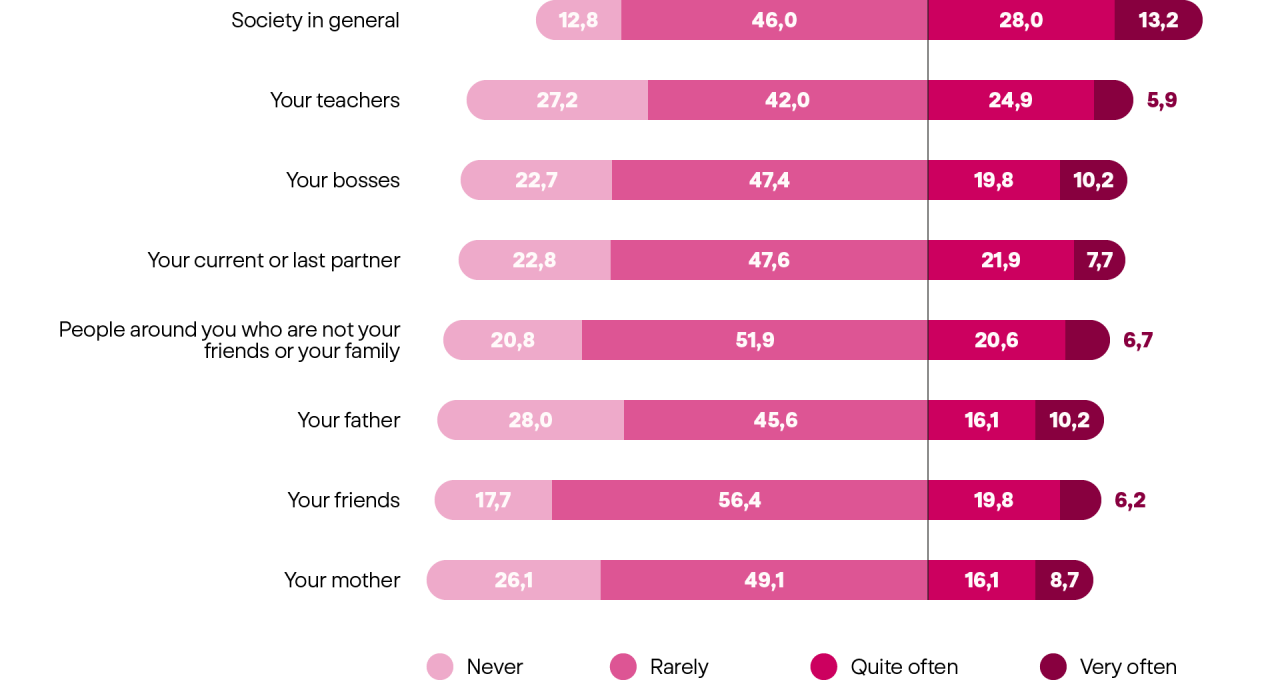
Generation Z is recognized for being the first generation to break away from endoculturation. Endoculturation is the process by which a person learns and adopts the values, customs, norms, and behaviors of his or her own culture from an early age. This learning occurs primarily through interaction with family, school, peers, and other community members, as well as through exposure to media and other cultural influences. Globalization, the internet and social networks have opened a window of new cultural references and new discourses that have permeated the younger generations.
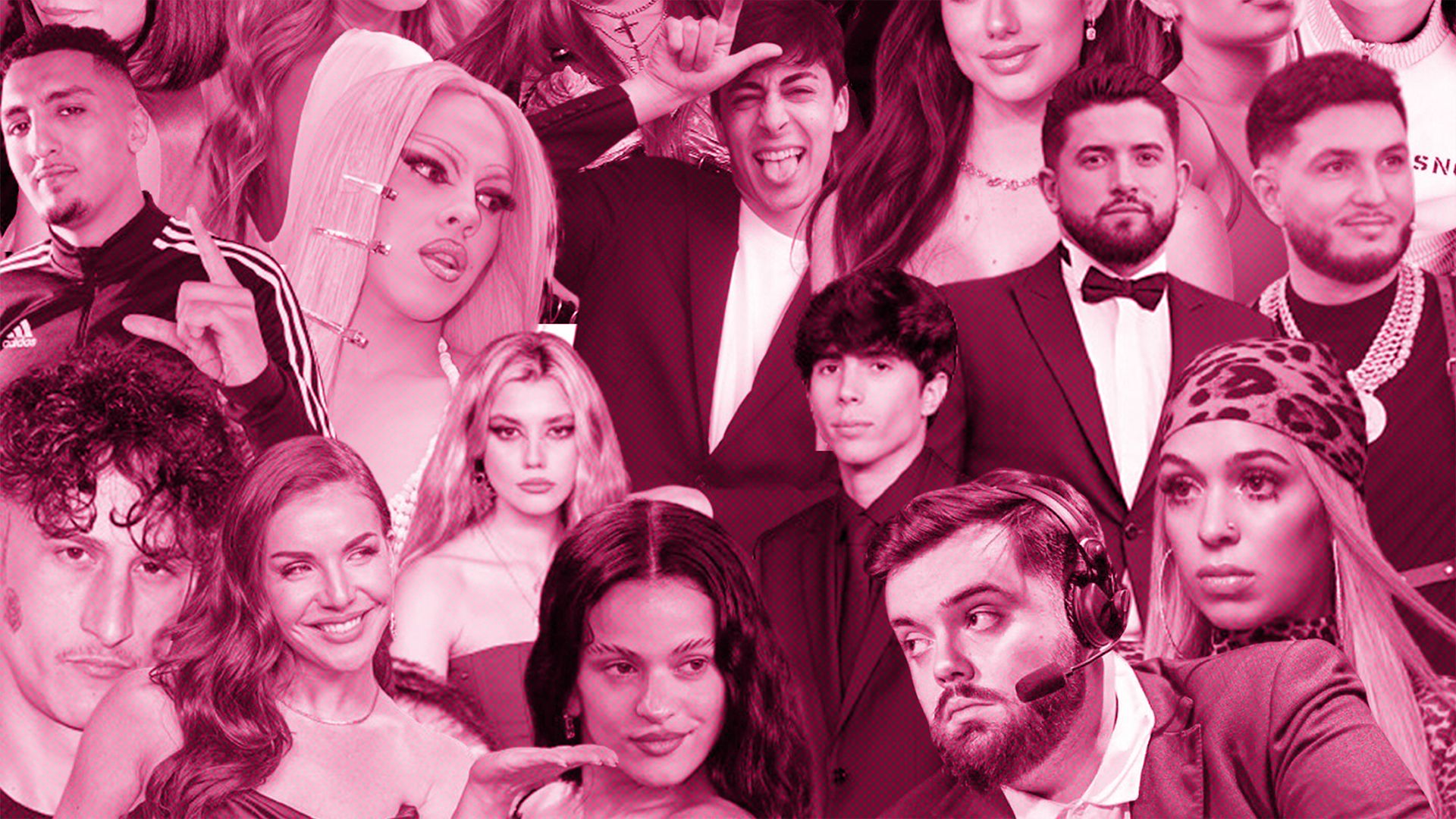
Generation Z Americans, ages 15-27, spent an average of seven hours and seven minutes a day on their smartphones in 2023 according to DCDX's "2023 3rd Annual Gen Z Screen Time Report" study. This screen time, which increased by 6.5% over 2022, was primarily spent on TikTok, Instagram, YouTube and messaging. The amount of time spent online means that they may consider a person from another continent, with very different social cultural codes, closer to them than someone from their closest social circle.
Through endoculturation, people acquire their cultural identity, develop a sense of belonging, and learn to function effectively within their community. With this rupture and normalized negative discourses about youth in the media, the generation gap with respect to cohesion and sense of belonging has been exacerbated.
↗ Publication made on Instagram by @danelicioustm, cultural reference of Generation Z.
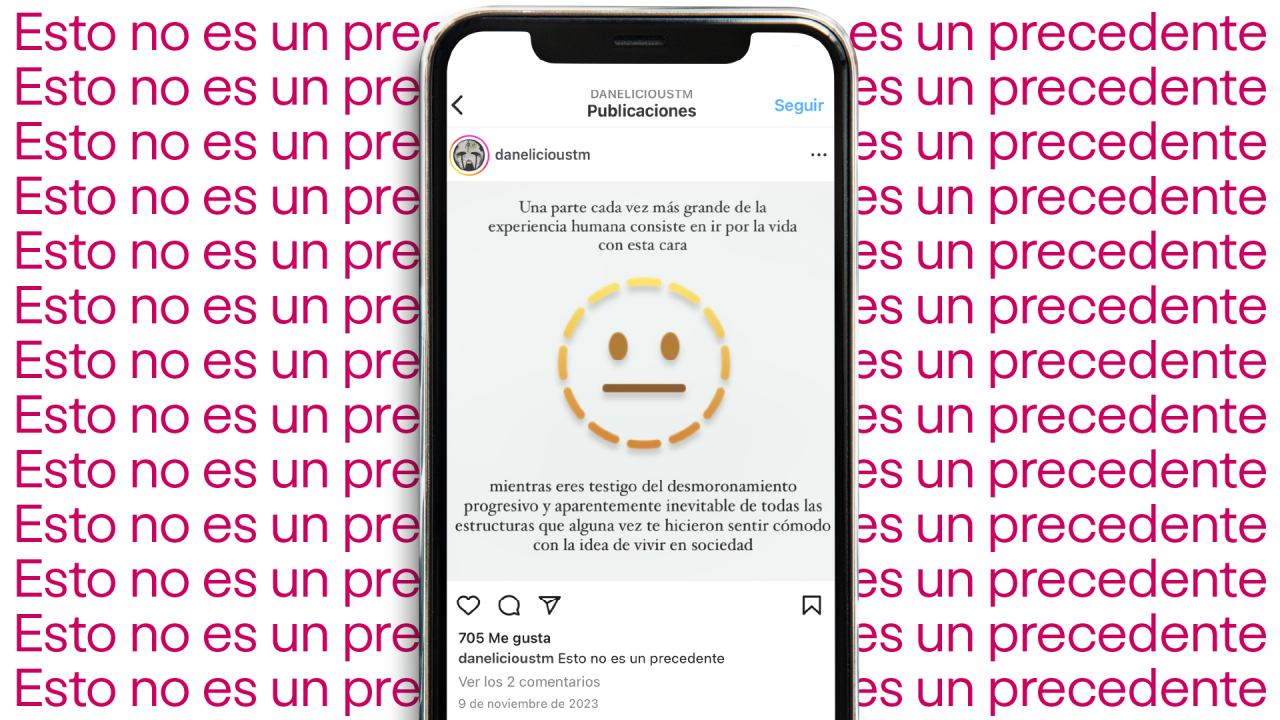
In the dialogues and visions of the selected group there is a constant reference to the search for a close community, of reference and trust. A constant longing for a network that sustains an emotional, social and professional fall. Disconnection with the environment and the unillusioning narratives of the future give rise to a feeling of uneasiness that leads them to idealize a future system in community, with a trusted social circle.
[?] What actions do you want to prohibit in the new system? (prioritize 3)
↗ DOT S. Coop. (2024). The Future Game. Young people and democratic atheism.
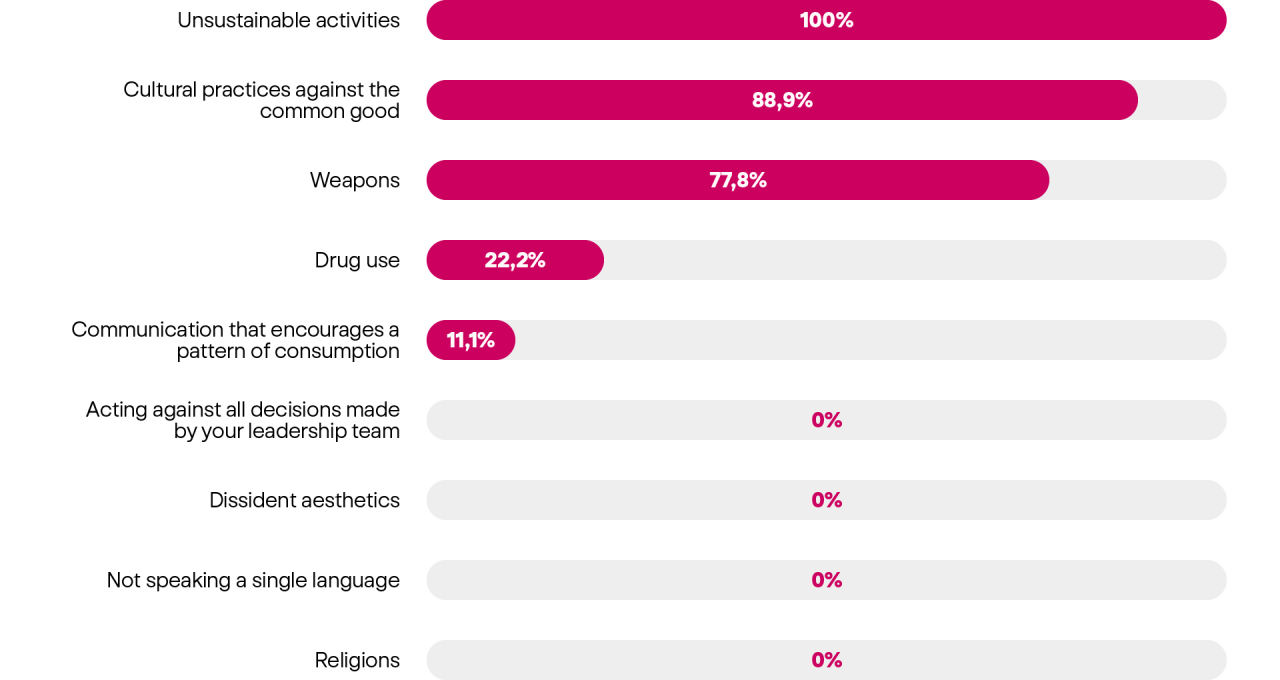
The idea of entrenching democracy within the concept of refuge is central to this generation. The socio-economic conjuncture in which they are making their journey of emancipation to adulthood leaves them with a sense of orphanhood that they ask to be addressed by the role of the state in ensuring security. Without a clear identified threat but with a range of potential fears (climate change, inflation, access to housing...), they defend above all else the need for a safe space to be able to articulate their civic role with the democratic system.
Unrest in the face of reality is a common starting point, but the ways of dealing with it are different in different segments of the youth population. Disillusionment with reality leads them to seek narratives of belonging and identification against the system.
"The democratic junta will work for a national confluence of all sectors, of all the self-employed, of all citizens so that when there are enough of us, we will not pay taxes. In the face of dictatorship, fiscal insubordination".
↗ Instagram. (n/d). Instagram. Retrieved June 6, 2024, from, from @juntademocratica.
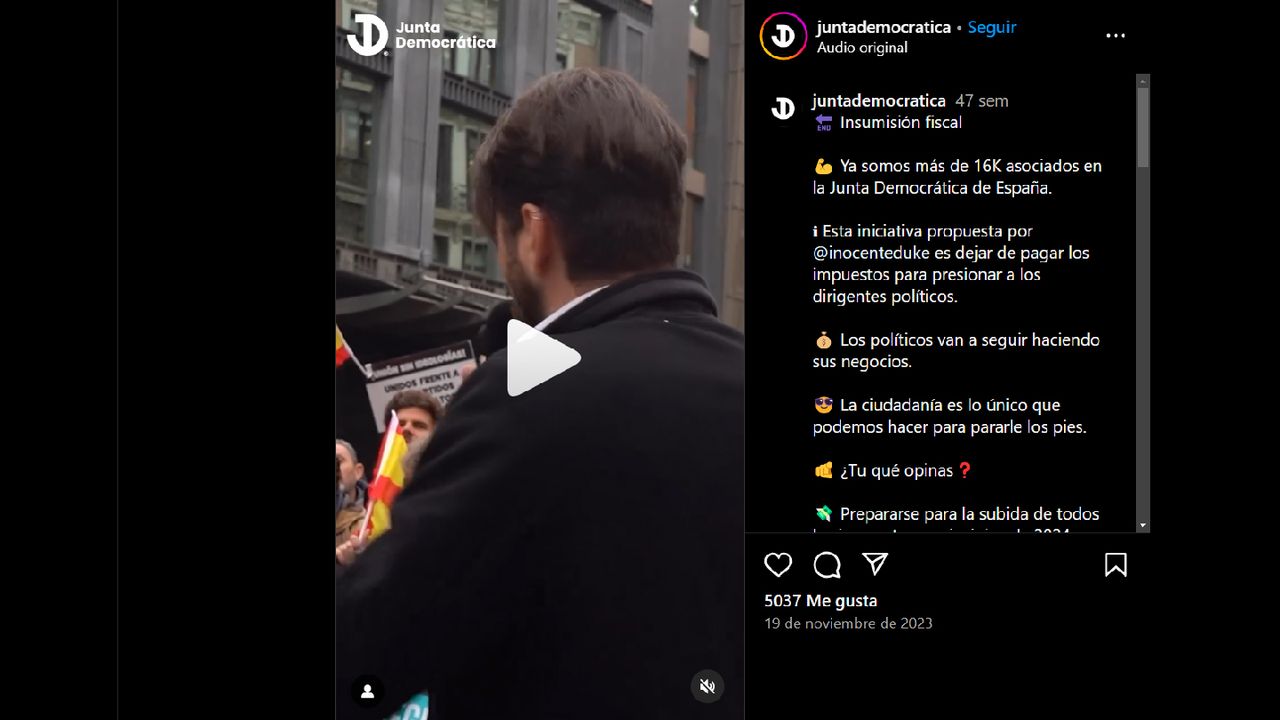
"The proletariat is being crushed so that the big bosses can continue to do business. They have lowered wages, raised the prices of most products, cut public services and eliminated political rights. (...) Faced with the model of life that has been imposed on us, it is up to us to continue working in the direction of socialism. To obtain quality livelihoods, to put an end to precarious working conditions and to win the political rights that are necessary for the struggle, young workers will take the front line”.
↗ Instagram. (n/d). Instagram. Retrieved June 6, 2024, from @gksozialista.

[?] What are the rights granted by the state to the inhabitants of the new world you want to create? (prioritize maximum 3)
↗ DOT S. Coop. (2024). The Future Game. Young people and democratic atheism.
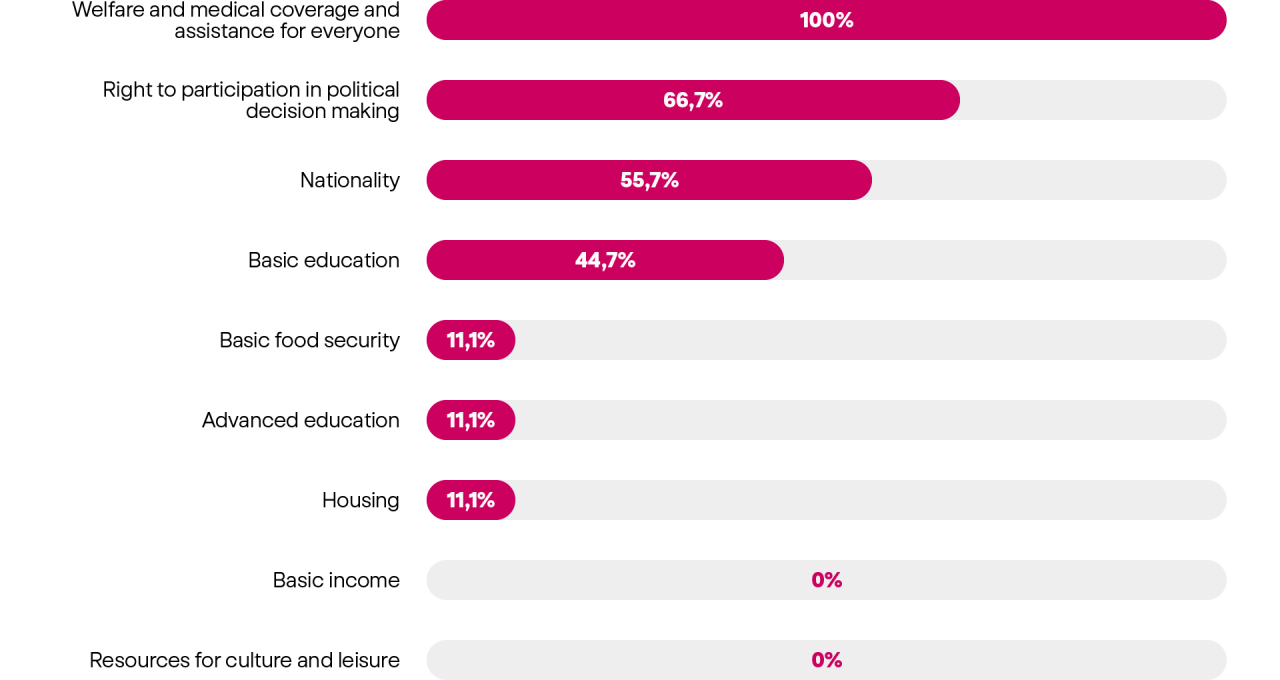
They have closely integrated the union of democracy with the idea of equality. They consider social equality to be a fundamental principle that seeks to ensure that all individuals in a society have the same opportunities, rights and access to resources, regardless of their socioeconomic origin, gender, ethnicity, sexual orientation, religion or other personal characteristics.
They advocate the idea of eliminating barriers that prevent certain groups from accessing educational, employment, economic and social opportunities. They advocate ensuring that all individuals have the opportunity to develop their potential and achieve their goals, regardless of their circumstances of birth or socioeconomic status. They also protect equal access to essential services such as education, health care and decent housing, among others. The young people carried out a ↗ blind reading of the electoral programs of the political parties running in the elections to the Basque Parliament on April 21, 2024. All the proposals most linked to improving the social welfare system obtained a maximum number of votes in favor.
This group of young people is strongly in favor of combating discrimination and prejudice in all its forms, whether based on gender, race, ethnicity, sexual orientation, religion or other personal characteristics is key to their perception of the desired new system. They advocate the idea of adopting measures to ensure equal treatment and opportunities for all individuals, as well as to promote inclusion and diversity in all areas of society. This point is of utmost importance for a generation that has publicly opened the debate on identity and can be considered a key element identifying a generation.
Regarding the redistribution of wealth and resources, they advocate the implementation of redistribution policies that ensure that wealth and resources are distributed more equitably.
Incorporate clinical psychologists in the educational system and implement specific programs aimed at prevention and promotion of mental health in Primary Care Centers. SUMAR.
We will expand Osakidetza's portfolio of services in oral health, ophthalmology and mental health, with a comprehensive plan that emphasizes the prevention of suicide, eating disorders and gambling addiction. SUMAR.
We will create a Citizens' Petitions Committee, symbolically enabling the 76th seat. It is about channeling, through parliamentary channels, the petitions requested by citizens, individually or collectively, directly to the Basque Parliament, ensuring that citizens have a voice in the Parliamentary Plenary. Elkarrekin Podemos.
We will preserve from the public authorities the innocence of minors to protect them against the risks present in digital environments, such as addictions, blackmail, cyberbullying or increased vulnerability to certain crimes. VOX.
We will promote regulatory changes to toughen sanctions against aggressions against the environment, especially in protected areas, in order to improve their effectiveness and deterrence. Elkarrekin Podemos.
We will promote the Map of Reading in the Basque Country, as a basic tool for the subsequent development of policies aimed at the promotion of reading. PSE.
We will create a Citizens' Petitions Commission, symbolically setting up seat 76. This is to channel, through parliamentary channels, the petitions requested by citizens, individually or collectively, directly to the Basque Parliament, guaranteeing that citizens have a voice in the Parliamentary Plenary. Elkarrekin Podemos.
We will implement measures to reduce traffic congestion, such as urban tolls, low emission zones, traffic restrictions for highly polluting vehicles and promotion of teleworking and flexible working hours. Elkarrekin Podemos.
We will elaborate and implement a global strategy for minors and young people, of prevention and action against cyber-bullying, pornography, online gambling and responsible consumption of social networks. Partido Popular.
Promote an inclusive, participatory and highly involved business model. To this end, the participation of workers will be promoted in three areas: management, results and ownership. EH Bildu.
We will respect, care for and value the elements of identity of those who come to live in the Basque Country, at the same time as we will bring them closer to our identity and values. We will work so that these people incorporate values that are already fully assumed in Basque society, such as equality between women and men, as an element of respect and integration in our society. We will also promote the channels for their euskaldunization. PNV.
We will establish conditions in public loans and subsidies to companies in order to, among other things, have to return part of the aid after a certain level of profit. EH Bildu.
We will propose tax incentives, deductions and/or bonuses for the stable hiring of young Basques under 30 years of age who start their first job in the Basque Country. Partido Popular.
National Recognition of Euskadi. We propose that the future agreement for updating Basque self-government should recognize the national identity of the Basque People. Such recognition will thus reflect the sense of belonging to a nation widely shared in Basque society. PNV.
We will promote proven methodological proposals that enhance mathematical reasoning and improve the learning of this subject at all stages. PNV.
We will develop a public education system that is at the service of the collective development of 'Euskal Herria' itself: Basque-speaking, co-educational, based on feminist pedagogies, inclusive, participative, secular, democratic, communitarian and public. EH Bildu.
We will cut the welfare of politicians to guarantee pensions. VOX.
We will promote campaigns to reduce the consumption of energy drinks and/or drinks with high levels of sugar, and we will prohibit their sale in centers and public spaces. SUMAR.
We will make English the language of reference in professional education to facilitate the access of students to job opportunities and the internationalization of companies. PSE.
We will promote a reform of the Penal Code to truly protect women, raising the penalties for sexual crimes and establishing permanent imprisonment for rapists and murderers, preventing the perpetrators of the most heinous crimes from returning to the streets. VOX.
We propose the suspension of the requirement of the Basque language in the access to a position in Osakidetza-Basque Health Service until the staff is stabilized. Partido Popular.
“There is a clear Francoist legacy, especially in the institutions. I would dare to say that not much revision has been done, for example at the judicial level of prosecutors and people working in the state security forces. Many people who are the living inheritance of Francisco Franco occupy positions of power, either within politics or within the institutional bodies that are supposed to preserve security".

[?] What three institutional bodies do you want to take away from the present to build a new system in the future?
↗ DOT S. Coop. (2024). The Future Game. Young people and democratic atheism.
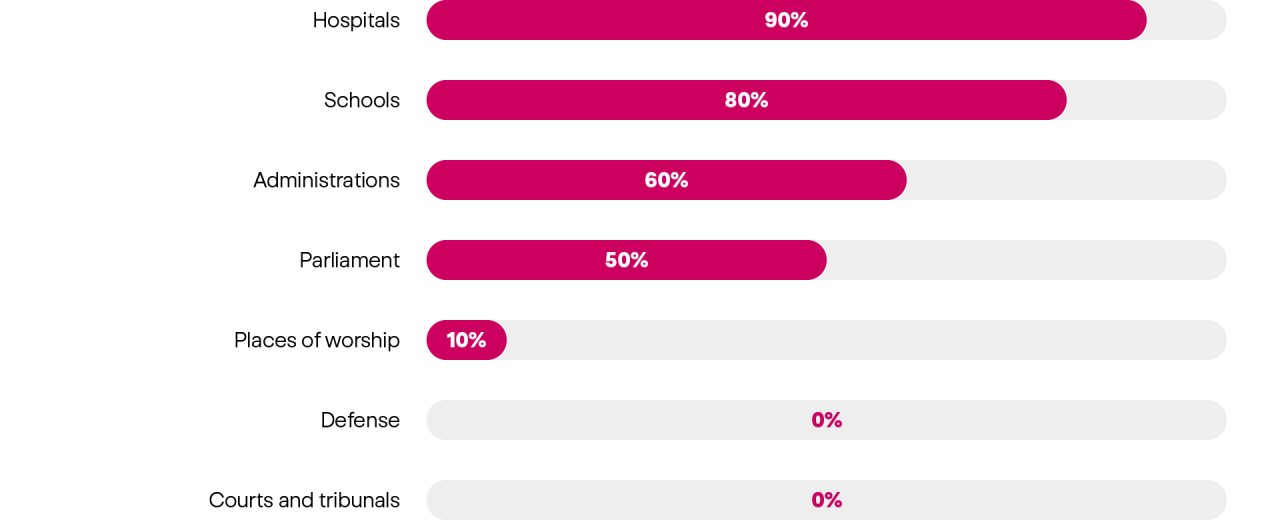
Young people's disaffection with justice, both as a system and as a physical mediation mechanism, is evident. There is a profound rupture between the concept of democracy and justice, and they do not consider that advocating for a democratic system will ensure independent justice. Among the reasons underlying this perception are the following:

Lack of access to justice
Young people feel barriers to accessing adequate legal remedies, which generates distrust in the ability of the judicial system to represent their interests fairly.

Perception of injustice
They feel that the legal system is unfair or biased toward certain social groups. This may be due to personal experiences or observations of media cases that suggest bias or discrimination in the judicial system.

Negative experiences
Previous experiences with the legal system, such as unjust arrests, unfair treatment by authorities, or confusing or intimidating legal procedures, undermine young people's confidence in justice.
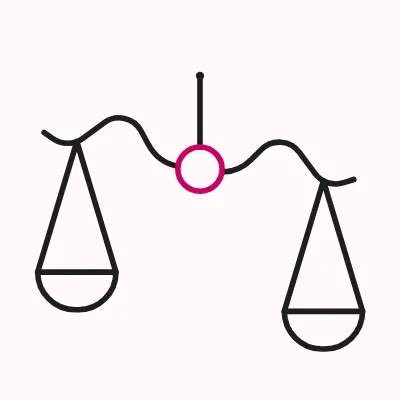
Perception of impunity
The lack of real consequences for criminal behavior, especially when it involves crimes committed by influential or socioeconomically privileged individuals, leads to the perception that the legal system does not work effectively or fairly.

Lack of representation and participation
Young people feel that they are not adequately represented in the legal system or that they do not have a voice in the judicial processes that affect their lives, which contributes to distrust in the justice system.
“As for punishing the rioters, I was about to let Janus (the artificial intelligence) decide, but it seemed like a cop-out. I have put that the leading group decides. Because the others, creating police, control by cameras and AI, or the neighborhood complaint network seemed to me to be of little use in the long term”.
“I think that in a context such as ours it would be difficult for such situations to occur. In any case, I believe that any violent or discriminatory action should be punished. If we are guided by the DU of HR, whatever goes against its values and principles should be punished. In this I am afraid I am not very innovative, one way or another, more democratic or less, but I consider that the structures of justice, authority and law enforcement, without being a big fan, are the only alternative. I understand that we should have a court to go to and a police force to enforce the decisions of that court".
They do not contemplate that the failure to uphold justice can perpetuate inequality and discrimination in society as they do not consider that the law guarantees equality before the law for marginalized and vulnerable groups.
The link between democracy and the rule of law is completely blurred. The delegitimization of the judicial system brings social polarization and a decrease in respect for the rule of law. This lack of confidence in democratic institutions is an open door to non-democratic discourses that can resonate in these new generations.
“The separation of powers, which is Montesquieu's concept that we like so much, it is not that it does not exist in Spain, it is that in Spain we seem to have taken Montesquieu's manual and turned it upside down and put everything in it. The executive can pardon whoever it wants, basically, there is no limit. The executive also legislates, it is incomprehensible when the ministers say “we are making laws” but they talk about the separation of powers and that we live in an advanced democracy. I must have read the book that is not about democracy and I am confused”.
↗ Instagram. (n/d). Instagram. Retrieved June 13, 2024, from @juntademocratica.
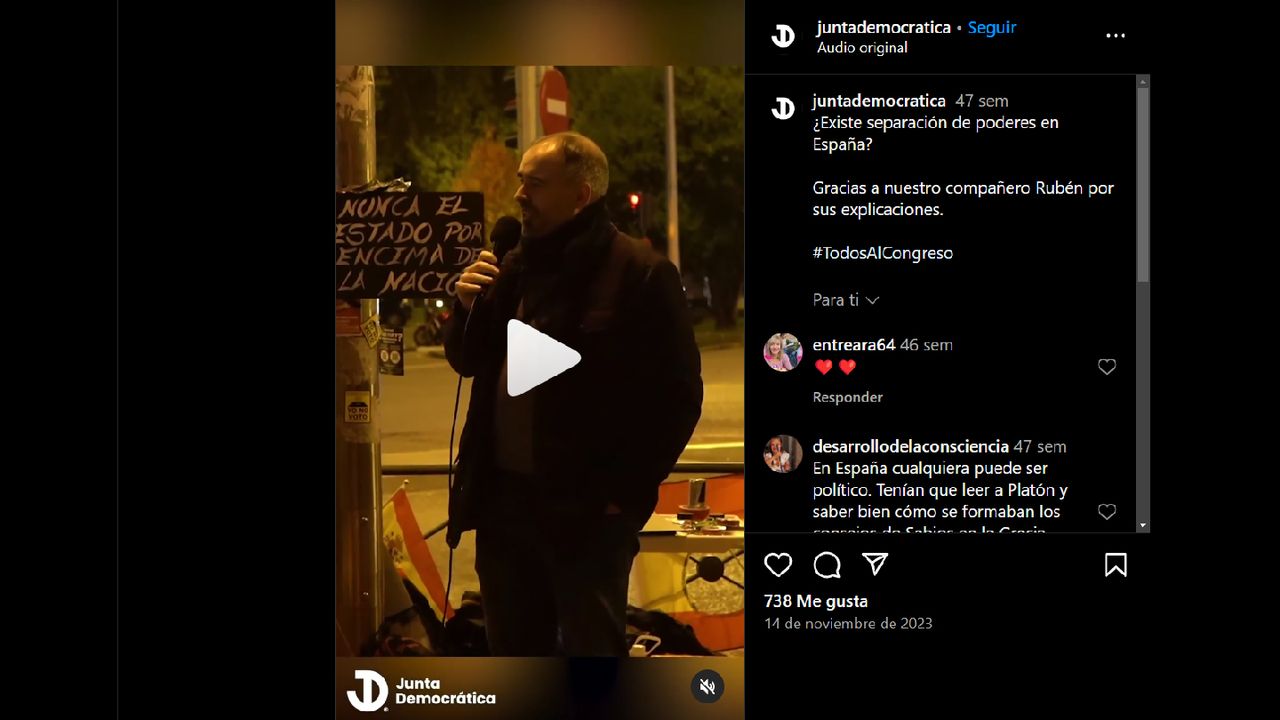
End criminalization and repression of young workers
The authorities want us as submissive, obedient subjects, accustomed to poverty and authoritarianism, they want us as a work force adapted to the coming cycle of capital. While they say they want to promote the development and empowerment of young people, the authorities treat us as subjects without rights.
It is necessary to denounce the harassment of young workers, generate dynamics in favor of rights and fight against their criminalization. The real criminals are the big businessmen and professional politicians who condemn people to poverty, degrade basic services, suppress rights and perpetuate all kinds of oppressions. They are the ones who really need to be kept in check.
Fighting for political rights
In order to take steps in the direction of a free society, it is necessary to expand rights in all areas: in the area of civil rights, the economic sphere, the sphere of political organization, etc. Rights are won by struggle, as the struggles of the different generations of the working class have shown, and we must understand these achievements as a step towards the construction of socialism. In this sense, it is up to us to defend and achieve conditions so that we can do politics independently in the face of the current political offensive of the bourgeoisie. But, at the same time, we have to achieve more rights and we working youth have to fight for it.

Unlike other generations, the future is not about building new worlds that will be possible thanks to technological advances. The dystopian science fiction narratives that have drawn a war of humans against machines seem to have made a dent in the collective imagination and far from dreaming of flying cars, technology does not offer a fertile place for positive imagination to Generation Z.
Artificial Intelligence is by no means, for this group of young people, a potential tool for social transformation. Anchored in a very deep ethical debate about technology, without leaving it aside altogether, they relegate their role to the mere task of gathering information today.
[?] Would you give that Artificial Intelligence absolute powers to prevent you from making mistakes with... (% of total)
Young people would want to avoid mistakes regarding environmental care by using AIs.
Men would give their trust to AI in their economic investments (29.1%) and for driving their vehicles (25.5%) to a greater extent.
↗ DOT S. Coop. (2022). The Future Game. Youth and digital humanism.

[?] Do you think Artificial Intelligence should have an identity of its own that would allow it to make autonomous decisions? (% of total)
Young Basques are divided, but an adjusted majority would not like AI to have its own entity and decision-making capacity.
Women are the ones who say to a greater extent that they would not like this identity of their own (41.9%).
↗ DOT S. Coop. (2022). The Future Game. Youth and digital humanism.
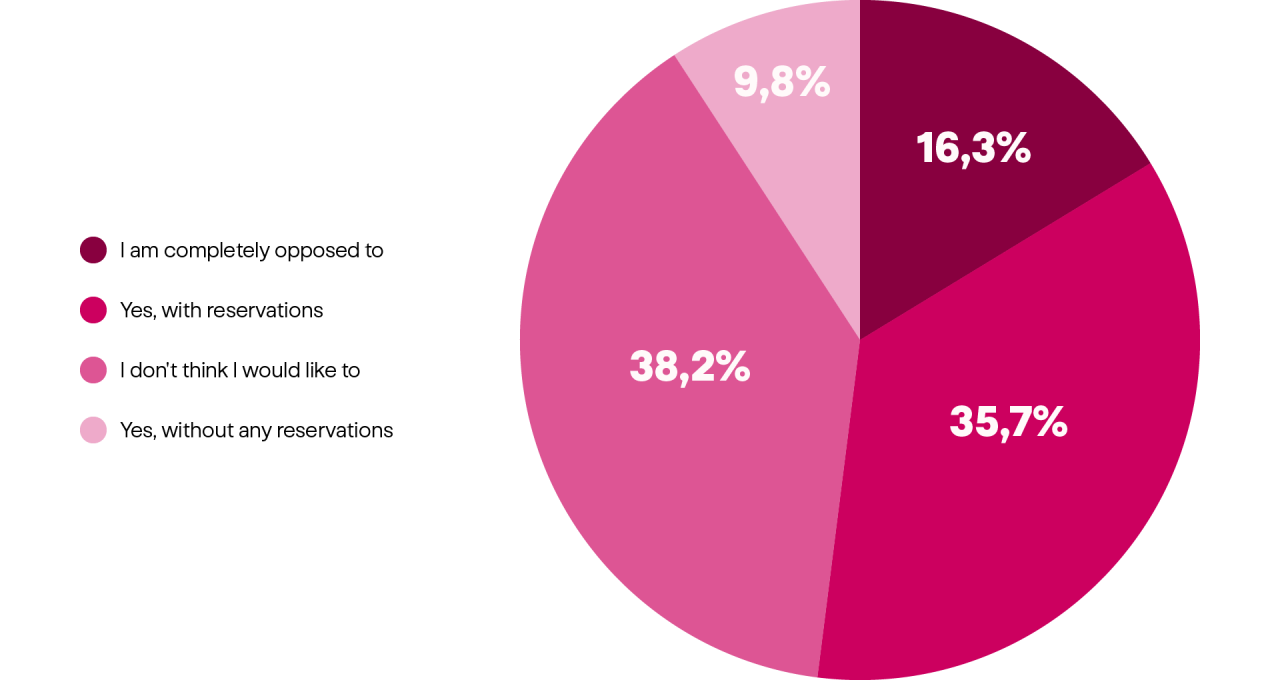
According to a study conducted in 2022 from dot. on Digital Humanism and young people, in questions related to Artificial Intelligence, there is a perceived confidence in the use of technology as a provider of information for decision-making. However, the data show reticence about ceding power or even endowing technology with human characteristics.
For Generation Z, democratic innovation does not begin with a technological possibility. Scientific breakthroughs are the continuous present; innovation in genetic mutations and artificial intelligences is occurring at an astonishing speed. However, as young people, they need to identify their yearnings for the future, to learn to dream about futures that are not apocalyptic but desired, about new social systems, new ways of relating and making decisions while building a new technological society. They do not understand this transition as a digital replica of the current system but as an opportunity to rethink the framework.
Technology occupies an important place in their lives and identities, not always for the better. They are aware of the great negative impact that technology has on their emotional well-being and this leads them to generate more alerts about the ceding of power space to it. Young people show the need for mental spaces through inspiring stories that make them reflect and get excited about a future to be built as they are aware that they belong to an era where it is required to review our legal, ethical and moral codes. The uneasiness that the inherited world produces in the younger generations makes them reticent about the idea that technology will make it easier to replicate the past.
“If we are to take our freedom seriously, it is also part of it our aspiration to modify what we have been, thus giving rise to situations that are to some extent unpredictable. And in this respect, algorithms that claim to be predictive are very conservative. They are predictive because they continually hypothesize that our future will be a reproduction of our past, but they do not enter into the complex subjectivity of individuals and societies, where desires and aspirations also arise".
TikTok is a popular social networking platform that allows users to create, share and discover short videos, usually between 15 seconds and one minute in length, and its success has been an unprecedented explosion. In 2020 it started the year with 40 million users and by August it had already reached 100 million, today it already has more than 150 million users according to the company's public data. Its main feature is its addictive capacity, especially in the younger generations.
The political content circulating on TikTok is short-form, highly emotive videos presented by an average person sharing their experiences, not from professional news accounts or trusted sources. The quick comments and bursts of comments from one person speaking directly make the analyses and discussions seem genuine, intimate and real, even if the content of what they say is misleading or incomplete. TikTok offers young people a kind of experimental space where they get a taste of what it means to be good citizens while discovering and refining their political identity and political discourse. According to Ioana Literat, a researcher at Columbia University: “TikTok is a challenge to outside observers: the fact that such political discourse looks different from previous discourse does not mean that it is an absolute cause for concern. This kind of political expression can be the starting point for further political self-discovery, as well as feeling less detached from the political process".
The algorithm designed to deliver personally pleasing content to users is primed to reinforce existing political beliefs. Early research suggests that TikTok may be fueling that kind of polarization, feeding each user their own personal chamber of self-affirmation.
Faced with this new parallel political space, we cannot ignore its presence without understanding that political campaigns run parallel to the official ones and undoubtedly influence in the short and long term the perception and democratic corpus of the younger generations.
"40% of young people, when they search for something, they don't go to Google, they go to TikTok or Instagram".
Since the creation of Liberal Democracies in Western Europe and North America, mainly during the 17th and 19th centuries, there has been, we can say, an ironclad defense of the model of government that defends representative democracy and the protection of individual rights and civil liberties. However, today they face challenges and criticisms such as the erosion of civil liberties, the influence of money in politics, populism, and political polarization among others.
The history of the defense of individual liberty is one of continuous struggle and evolution. From the earliest Greek philosophers to contemporary debates over digital rights, the quest to protect and expand individual liberties has been a constant in the development of human civilization. Today, however, major social movements have been structured around identity logics, women, LGTBIQ+, ethnicity or ecological identities that have led to a public debate on identity politics. This cultural war has been established in terms of recognition of unrepresented groups confronted with the suspicion of loss of freedoms of more represented groups.
Publications made in X by Rosalía and Ibai Llanos, both cultural references of Generation Z.
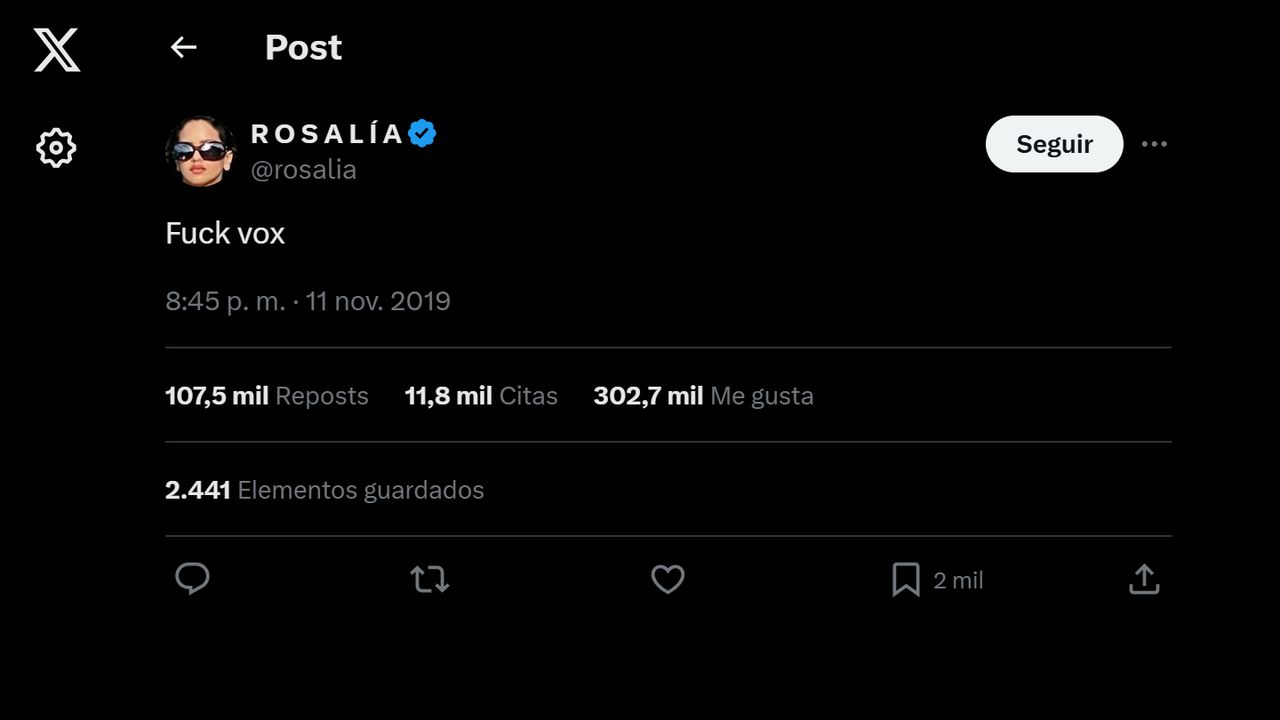
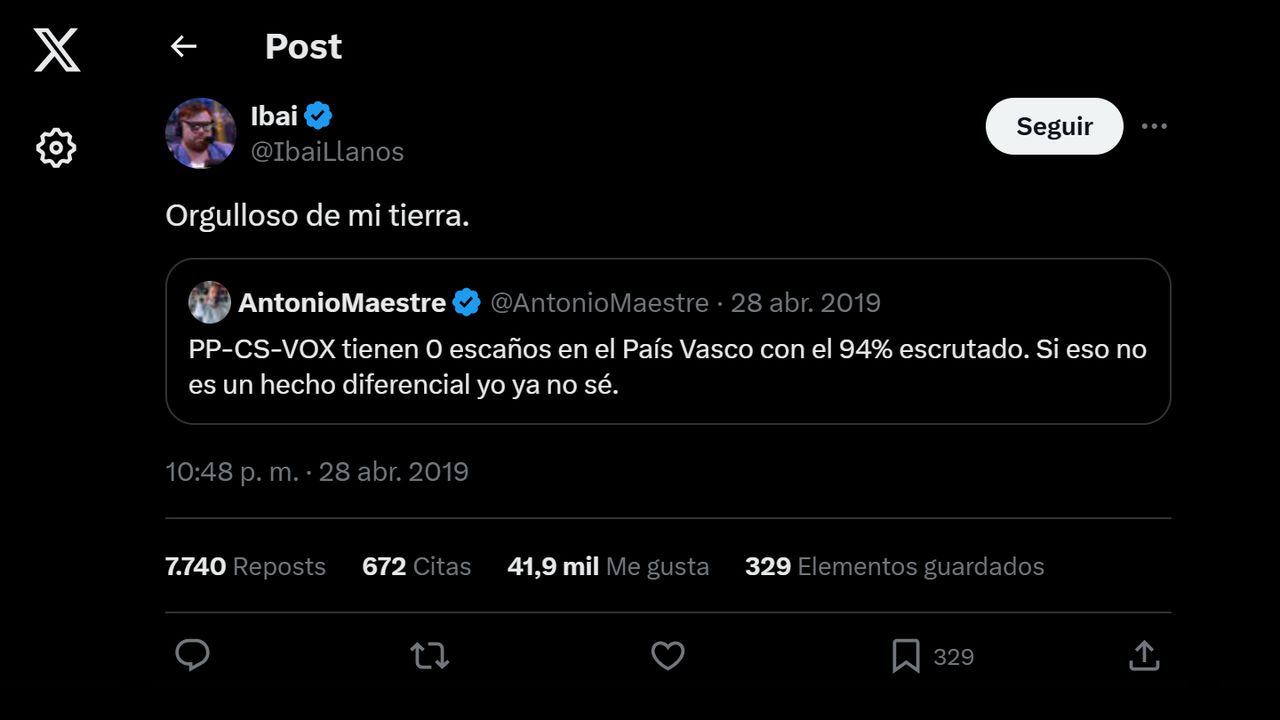
Faced with the challenge of equality vs. freedom, the younger generations advocate social equity, sacrificing individual freedom if necessary. They do not have an argument in defense of freedom and do not perceive the danger of loss of freedoms. This may be largely because they have inherited them without social struggle, but it may be even more interesting to understand the recognition of identities different from the norm as a prior step to the struggle for freedoms. In the cultural struggle, it is the most reactionary movements that have championed the concept of freedom, as a space of defense and conquest against the identity politics with which young people are building their social fabric. This means that the very term of freedom is alien to their imaginary of struggle.
[?] What are the pillars on which the new system should be based?
↗ DOT S. Coop. (2024). The Future Game. Young people and democratic atheism.
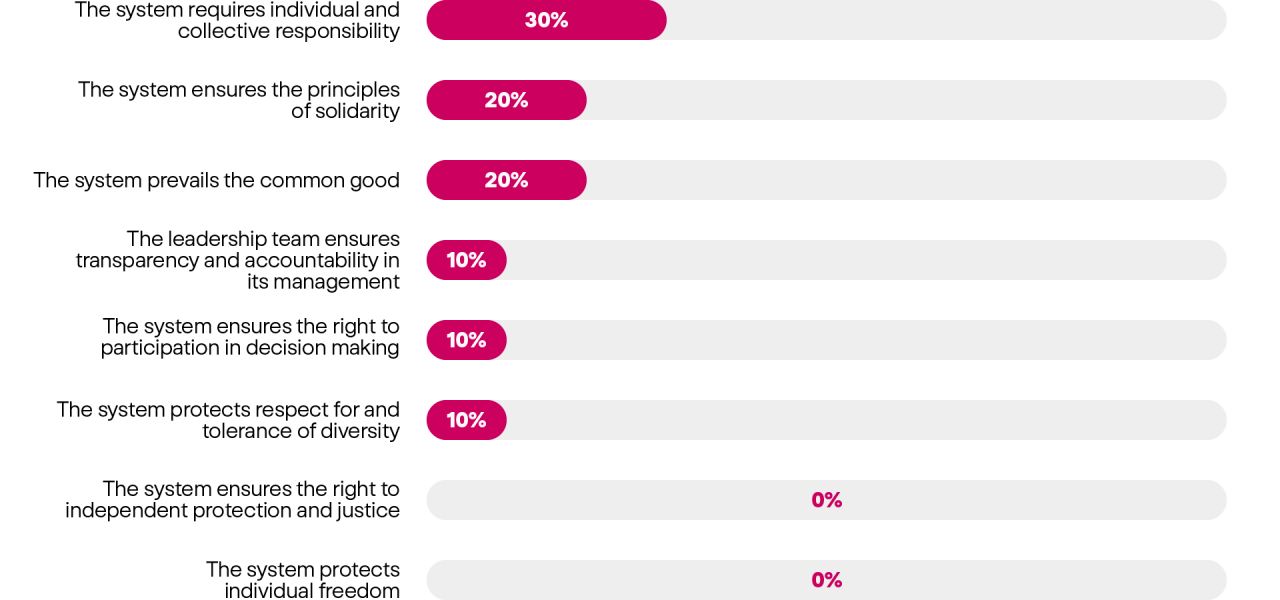
Often, governments must balance national security with the protection of individual freedoms, which can lead to tensions and debates about the extent to which it is acceptable to restrict freedoms in the name of security. The youth group advocates for the government to ensure their welfare.
The idealization and romanticization of the idea of individual freedom that puts minority groups under suspicion generates a backlash against advocacy for the same end. This fragmentation makes younger generations susceptible to falling into less democratic systems that advocate more radically for more egalitarian societies.
“And I liked the question of how we would handle groups/people making hateful comments and so on. I would have gone with banning it by law, but the “punishment” part threw me off and I went with the coexistence programs, even though it seemed like it might be a bit of a chill person".
In a study conducted by Talento para el Futuro and Polietika on the perceptions of Spanish youth about Europe underpin the difference in values between men and women. While women prioritize the value of equality and the guarantee of rights and freedoms, men prioritize freedom and justice.
[?] What values are important to you? Responses from men and women aged 18-24.
↗ Talento para el Futuro and Polietika, (2024). Between love and ghosting - Spanish youth and Europe.
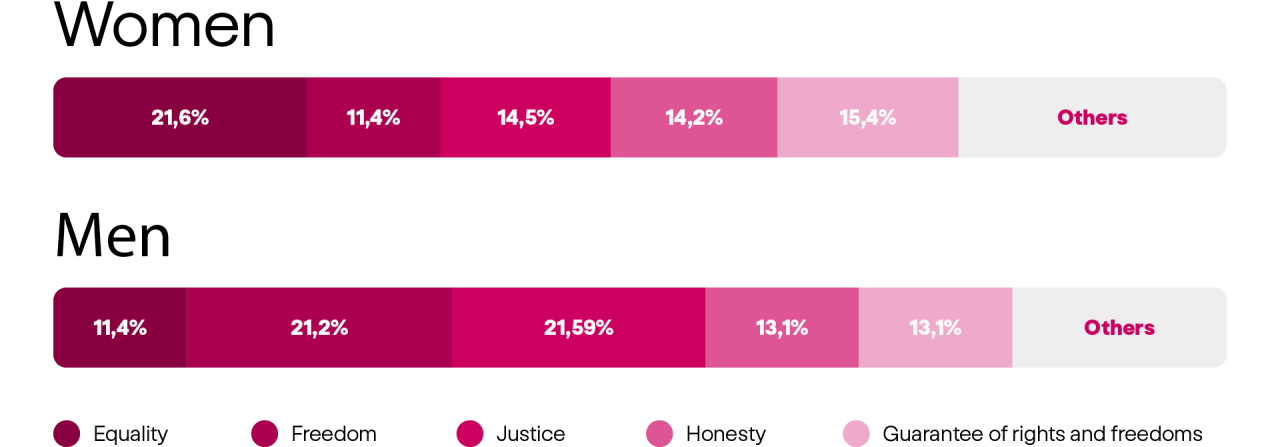
There is a significant boom in the social networks of discourses of personal growth closely linked to young boys. These discourses based on meritocracy and personal work for success mask conservative values. Anita Fuentes researcher at the UCM for an article in El País: “Especially young people, who are the ones who have more presence on digital platforms, receive contradictory messages: on the one hand feminist messages and on the other messages that react against their progress. Exposure to contradictory messages creates frustration and discomfort that leads many men to seek ways to reclaim their masculinity".
This reality can be interpreted to some extent as a parallel to the Industrial Revolution. Through the Industrial Revolution, men were suddenly easily replaceable and social structures were weakened. At that time, as now with the Artificial Intelligence revolution and other advances, technological development is so fast-paced that identities cannot keep up.
↗ Novoa, R. (2024, May 8). “El hombre proyecto”: the defense of a conservative masculinity floods podcasts. Ediciones EL PAÍS S.L.
The breakdown of endoculturation is not the only phenomenon of this generation. Internet algorithms have generated so-called echo chambers where users tend to find ideas that amplify and reinforce their own beliefs. This leads to a lack of exposure of young people to contrary ideas and opposing views to their own. This added to the speed of consumption that leads to blunt messages generates a feedback of one's own discourse without open windows to combat it.
The term Militant Democracy originated in the context of the threats faced by European democracies in the 20th century, especially in relation to totalitarian and authoritarian movements such as fascism and communism. The young participants in The Future Game seem sympathetic to some of the mechanisms adopted by this term as well as the adoption of legal and political measures to prevent and combat anti-democratic activities.
The COVID pandemic brought to the table for the first time the debate about the possibility of not holding elections. Young people are the least angry when elections are cancelled or postponed. They are the ones who least believe in electoral liturgy and least associate the ballot box with democracy. The world that young people bring is full of values, but the defense of representative democracy and its institutions is not among the priority causes. We are in the midst of a deep generational gap.
[?] Of the following two options, which do you think is more democratic? (closer to your idea of democracy)
↗ Arantzazulab, Euskal Herriko Unibertsitatea, Mondragon Unibertsitatea, Deustuko Unibertsitatea. (2023). Demokraziari buruzko ulermenak gurean.
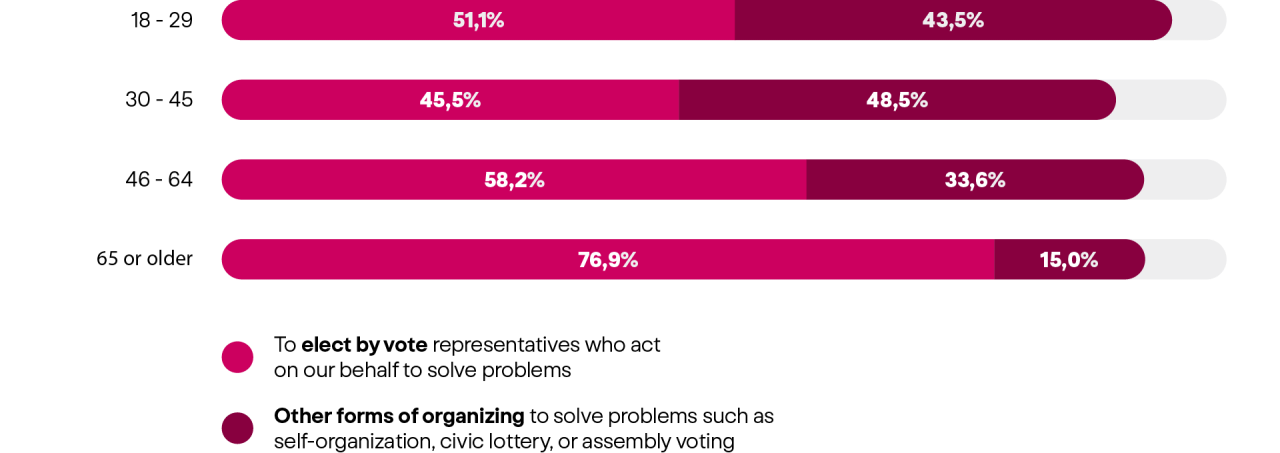
Far from the most widespread discourse on the scarce or null participation of young people, their activity in the communities to which they belong is high and intense. It is true that in democratic indicators, such as participation in elections or militancy in political parties or associations, it drops significantly. However, in the communities in which they choose to participate, their activity is high.
Faced with this reality, the young people selected in The Future Game advocate for greater participation, involvement in daily life, and even participation in decision-making. They want to be heard and taken into account in decision making, not from a mere consultation but by redefining their own participation frameworks. Redefining the very spaces of participation and focusing the digital spaces of youth participation towards collective decision-making spaces will be one of the great challenges to be addressed.
[?] How would you want to distribute the number of mandatory hours per day for each of the following activities?
↗ DOT S. Coop. (2024). The Future Game. Young people and democratic atheism.
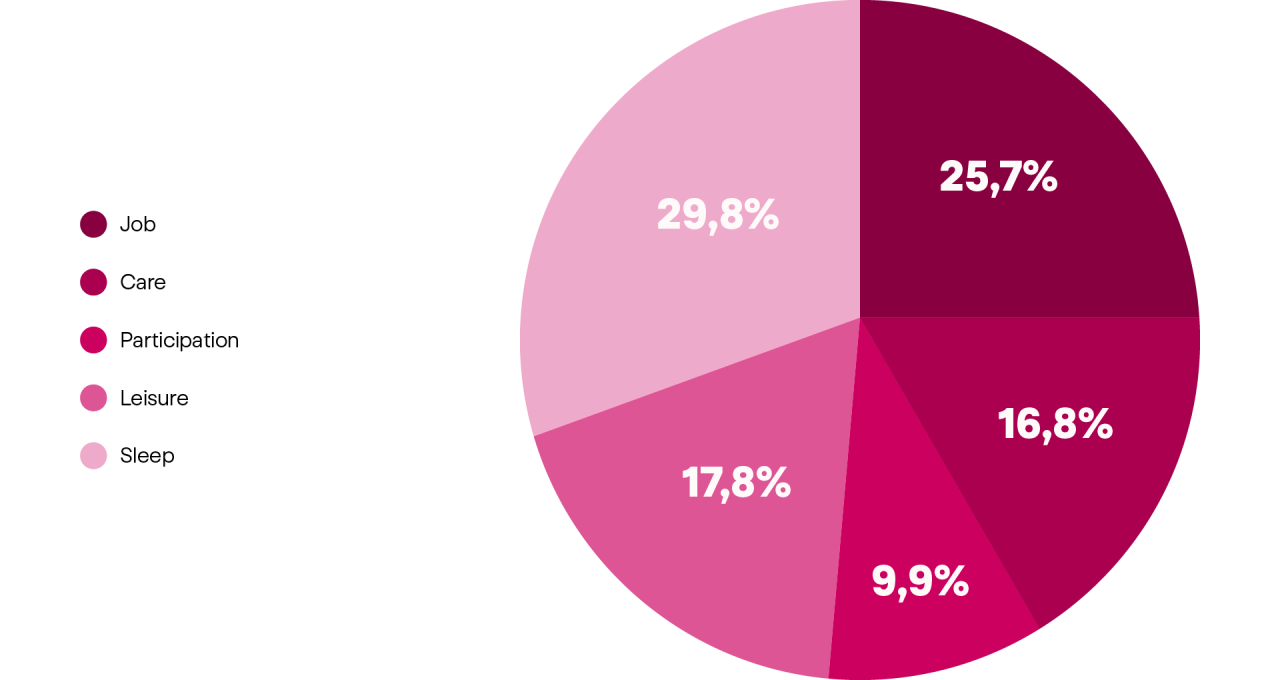
The crisis of representation in liberal democracies is a complex phenomenon that has been the subject of extensive academic and political debate. This crisis refers to the perception and evidence that representative democratic systems are not functioning effectively to reflect the interests and needs of the population. Among the strategies to address this crisis , multiple paths have been addressed to try to bridge the existing gap: electoral reforms to ensure inclusiveness, increase transparency and accountability, or increase citizen participation through direct democracy mechanisms, among many others.
[?] To what extent would you say that politicians care about what people like you think? (% of total)
↗ Arantzazulab, Euskal Herriko Unibertsitatea, Mondragon Unibertsitatea, Deustuko Unibertsitatea. (2023). Demokraziari buruzko ulermenak gurean.

The selected group of young people do not see the value of representation to ensure the defense of their interests. Assuming that they are linked before to a leader figure, they also do not see its value in the democratic dynamics. They have not internalized the ancient liturgy of representation that is organized by parties and leaders.
“We wanted to express also this detachment or disappointment. What allows you to convey a Kizomba. In this case, with respect to professional politics and the parliamentary circle. Through this video clip we wanted to fictionalize a political rally and the pacts that are made between politicians, we wanted to refer to what for us is an electoral farce. It happened by chance during the elections and we also believe that it was a beautiful paradox that it was possible”.
↗ TikTok - make your day. (s/f). Tiktok.com. Retrieved June 5, 2024, from @gaztea.

In the digital world in which they navigate, the concept of representation as conceived by liberal democracy does not exist. In digital communities they interact as subjects of representation of their interests. In addition to this idea of full-fledged subject, their belonging to multiple communities does not define them homogeneously; belonging is not synonymous with absolute identification. They transit digital spaces as subjects (active or not) and identify with multiple layers of this amalgam of spaces.
Based on this logic with which they have naturalized their socialization, the idea that a single party with a leader represents the visions of the group is alien to them. Even the figure of influencers does not follow the political parallelism, since they do not expect from them a defense of their interests but a role of entertainment and opinion.

It is not a matter of including the voice of young people, but of modifying the normative frameworks of representation that the democratic liturgy has constructed. They understand that this traditional logic of representation where some are subjects of representation such as political parties and leaders and others, such as young people, are the subaltern objects is not the way to transfer the voice of young people to the political arena.
Representation acquires new meanings in the young dictionary or, in other words, representation means nothing in its democratic taxonomy.
